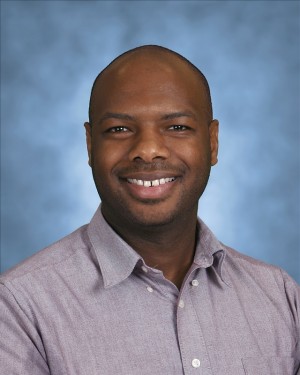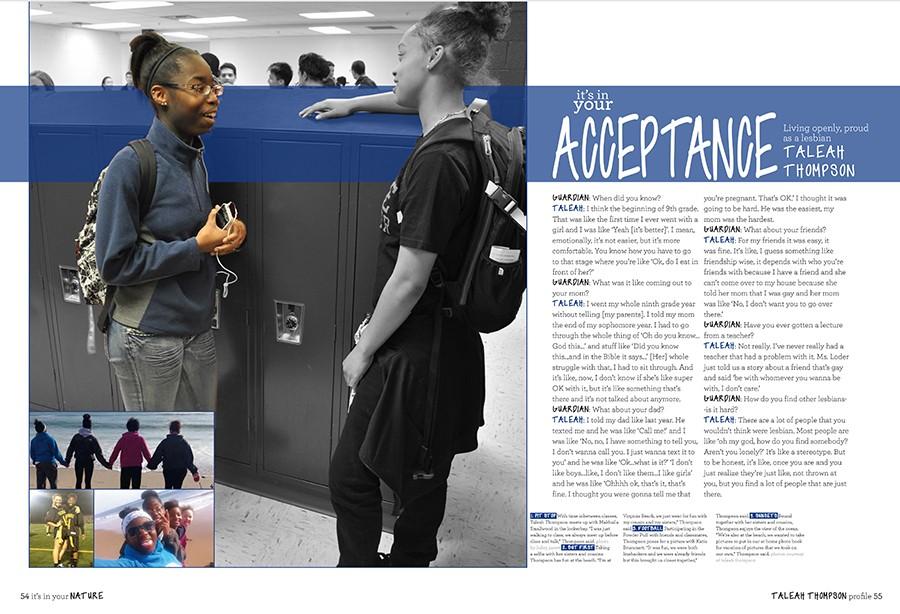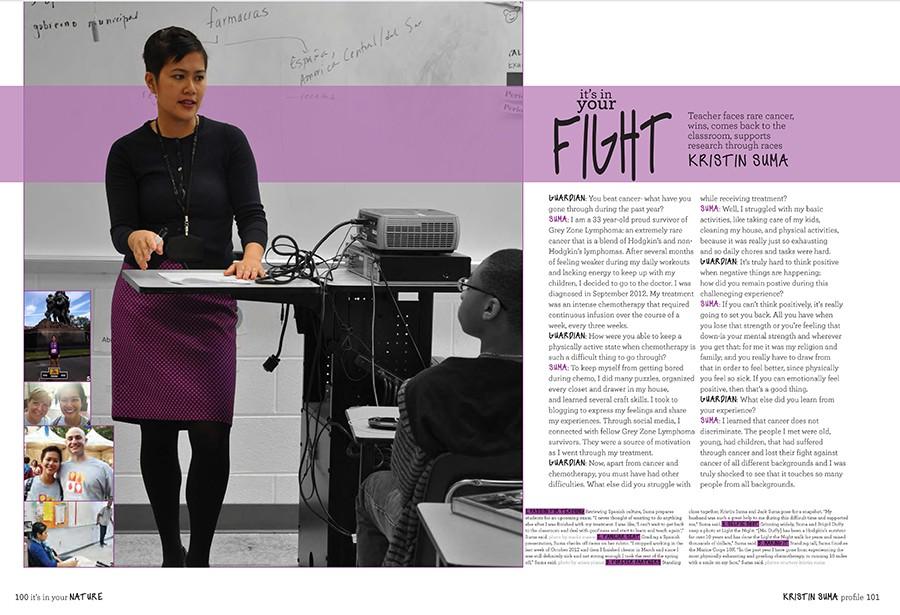Journalism, History and Diversity
May 1, 2015
As a social studies teacher in my life before journalism, the phrase “the right side of history” drove (and continues to drive) me insane. It affirms something that, as an historian, is heresy: history is inherently subjective. History should be the collection of facts and personal truths, not the prevailing story that survived a fire or the most popular textbook. We as journalists in our schools are the historians responsible for telling the stories of our school communities. We have a duty to not only cover as many individuals as we can, but also to do it with accuracy and without judgement.
Part of our success is in the community consumption of our media. As journalists we seek to matter to our readers and that relevance is only attained through accurate and equitable storytelling. In schools that have student bodies larger than 1,000 students, it can seem impossible to cover every individual. At my school, which has a student population that hovers around 3,000 students, we have found it important to focus on telling stories that have universal truths. Over the last six years, I’ve watched my students tell amazing stories from our community. Stories about dealing with body image issues, bullying, rising above grief, fighting and dealing with cancer, being a young parent and coming out as lesbian, gay, bisexual or transgender. The power in those stories isn’t in telling one person’s experience, but how we have been able to tell those stories and include many different experiences.
These stories happen because we maintain a policy of engagement with our community, practice empathy, have honest conversations. We hold ourselves accountable. Stories do not magically fall from the sky; we actively seek them out on social media and in everyday interactions. We talk honestly and openly about our coverage as a staff and constantly critique our work.
Journalists work to become master storytellers and historians. As activist Janet Mock tweeted after the recent “20/20” Diane Sawyer interview with Bruce Jenner, “No matter our age/path, we’re all searching for authenticity, identity, acceptance & (self-) love.” I firmly believe that our media should reflect that truth in every quote, caption and story we tell. Our work in journalism should give more life to the reality of those around us.




